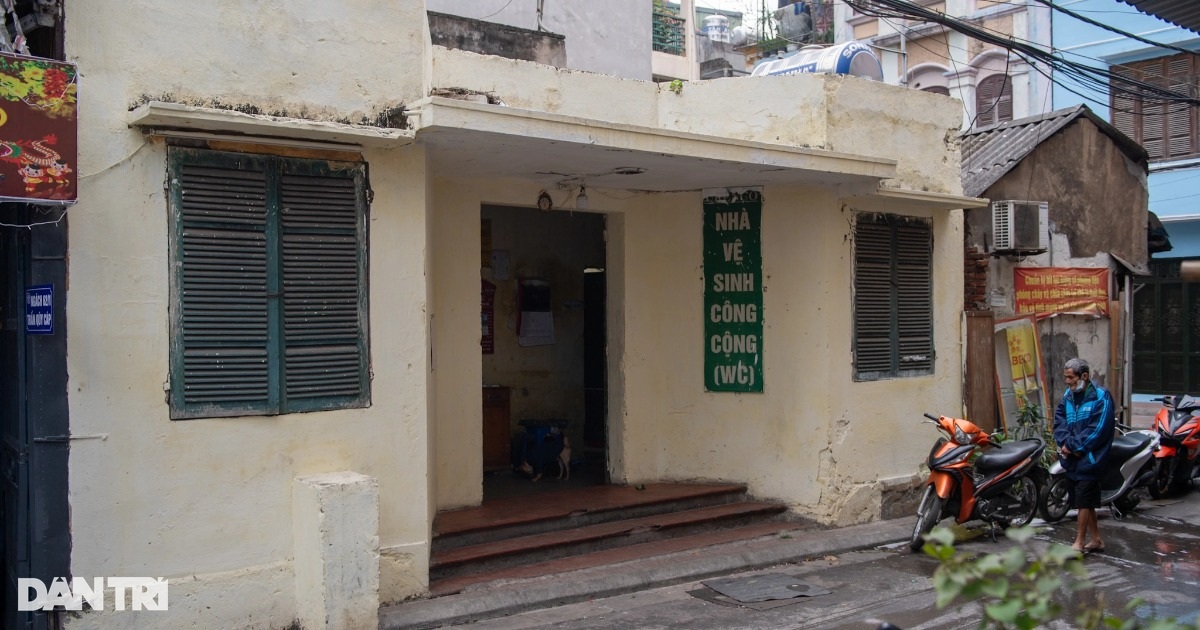E-cigarette use persists despite a ban in Hanoi, Vietnam. This article explores the underground market, sellers’ tactics, and user motivations.
E-Cigarette Use Continues Despite Ban
Despite the ban, e-cigarette use remains prevalent in public places like sidewalk coffee shops, parks, and billiard halls. Many young people discreetly conceal their vape devices, only using them when discreet opportunities arise. Visible plumes of vapor frequently appear in public spaces, raising public health concerns. Some users try to avoid attention by congregating in secluded areas or gathering in circles, though many use e-cigarettes openly with no apparent reaction.
A Thriving Underground Market
The ban’s failure has fueled a robust black market for e-cigarettes. Sellers employ sophisticated methods to evade detection:
- Online Sales: Facebook pages and TikTok accounts aggressively promote products, utilizing coded language like “flavor spray,” or “electric toothbrush heads,” to circumvent censorship. Daily livestreams, often featuring generic displays of “e-liquids” and “replacement coils,” are frequently employed.
- Discreet Transactions: Sellers are wary and avoid strangers, requiring pre-arranged purchases and transactions at hidden locations.
User Motivations
Users cite habit as a primary reason for continued use, viewing e-cigarettes as a stress reliever. Prior to the ban, many stockpiled e-cigarettes, and some have explored reselling avenues.
Potential Health Risks
Undeterred e-cigarette use poses significant health risks, including lung damage, weakened immune systems, and increased risks of stroke and heart attacks.
Conclusion
Despite the ban, e-cigarette use remains widespread in Hanoi. The thriving underground market, employing sophisticated tactics, jeopardizes public health and undermines the ban’s effectiveness. Authorities must prioritize enforcement and public health to address this concerning trend.



